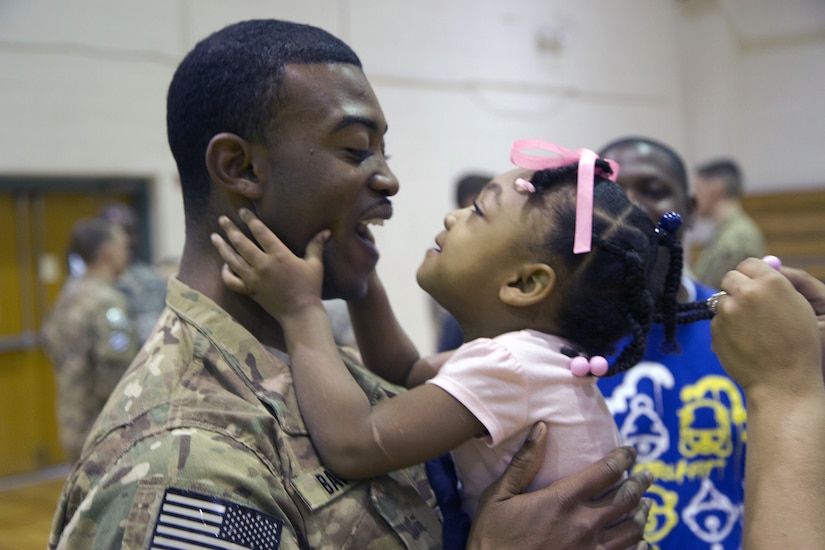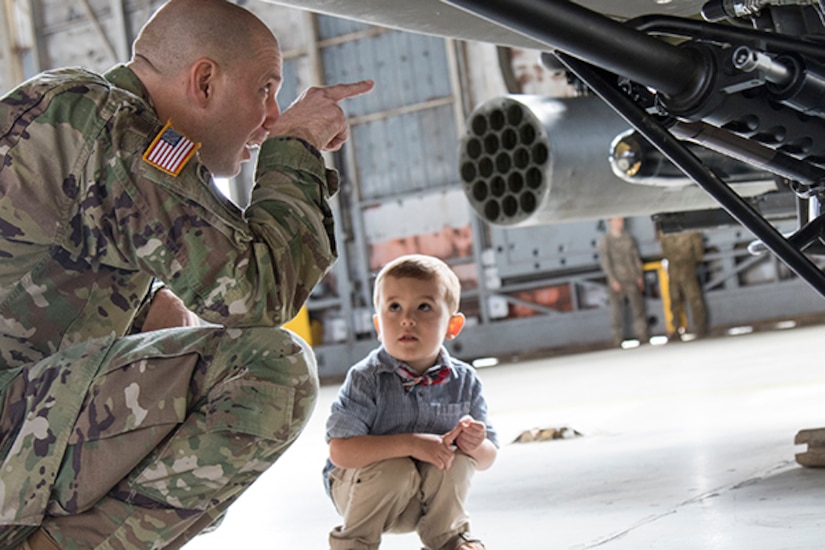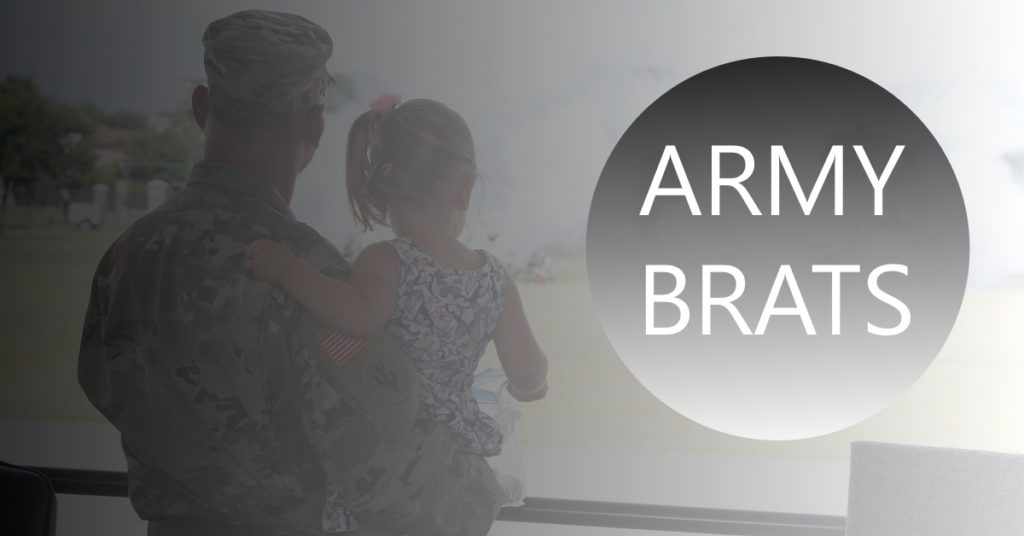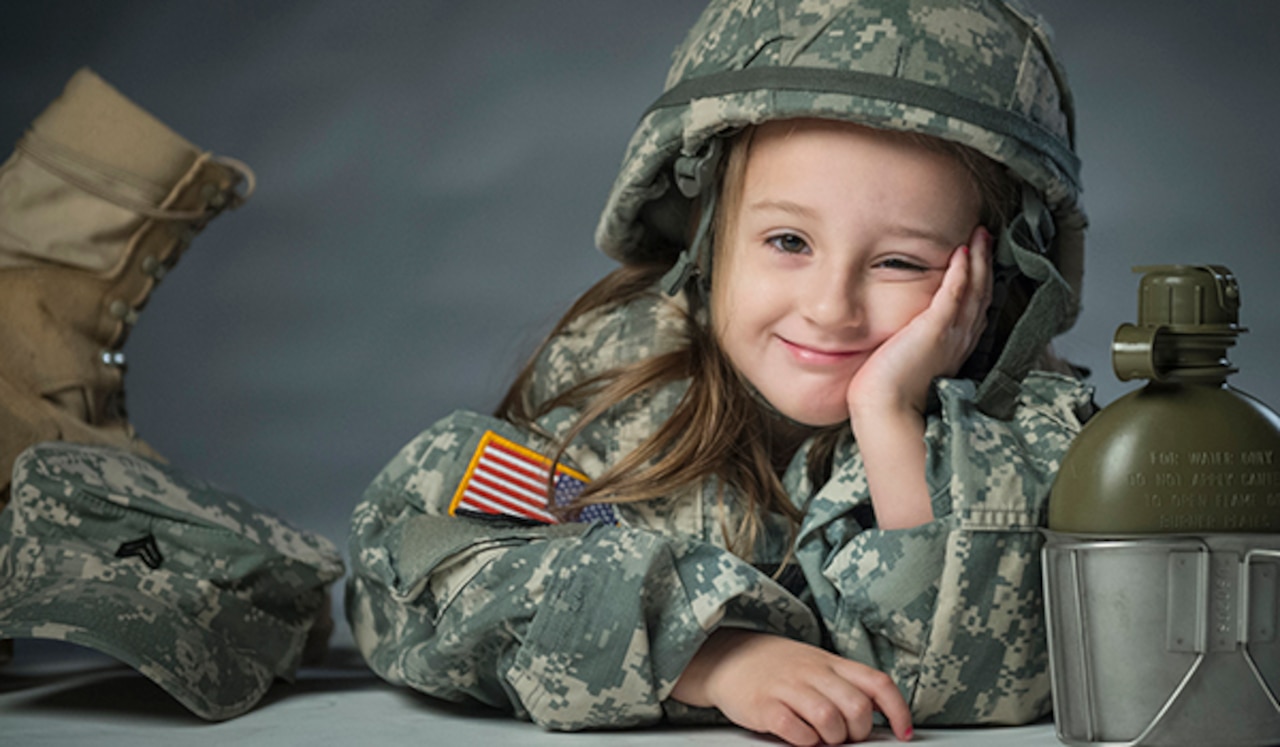According to the U.S. Department of Defense, no one is sure when or where the name came from. Still, I know that the word brat in Army Brat does not refer to a child, typically a badly behaved one, or that a brat is a person that always gets what they want. The rules are bent in their favor.
One thing is true about being an Army Brat you most likely experienced a life that many can't imagine. Some kids are military dependents for a short time. Some from the day they are born until they turn twenty-one years old when their ID Card expires if their parents are still on active duty.
But once you are an army brat, you are always an army brat.
My mother used a filing system called School Days Records and Memories. The first entry is for Kindergarden in West Berlin, Germany. When there was a West and East Berlin.
Subscribe to
read more
Signup and get notified when new tales are spawned and released in the wild.

‘Military Brat:’ Do You Know Where The Term Comes From?
APRIL 12, 2017 | BY KATIE LANGEWe’ve all heard the term “military brat” before. It pertains to those children who grew up in military families. “Brats” wear the name like a badge of honor, often because of the moves, stressors and cultural experiences that make them more resilient than their civilian counterparts.
But outside of the military, the word brat is often considered derogative. So it made me wonder -- where did the term “military brat” originate?
To find out, I reached out to the folks at National Defense University Libraries, who did some research for me. It turns out the origin of the term is still pretty unclear, but there are a lot of interesting theories behind it, and most of them originate in Britain.
Since we couldn’t find anything definitive, I figured I’d tell you about some of those theories.

BRAT could be an acronym for British Regiment Attached Traveler
I first found this theory published in a 2011 blog by retired Air Force Lt. Gen. Michael M. Dunn, who was the president of the Air Force Association at the time. Dunn, who had also been the president of NDU, had asked a researcher to find the origin of the term.
One came through, discovering a book published in 1921 that attributed the saying to the British army. It explained “BRAT” as a status standing for British Regiment Attached Traveler, and it was assigned to families who were able to travel abroad with a soldier. Eventually, it just referred to military children. But the term stuck, and was adopted in many places around the world, including in the U.S.
While the researchers I spoke to at NDU couldn’t find that particular citation that Dunn mentioned, it’s a pretty interesting story. And other published researchers have also traced the acronym to the phrase British Regiment Attached Traveler.

Earliest References Were From the 18th Century
Dr. Grace Clifton, a professor at Open University in the UK, has done research with the U.S. Army’s Dr. Becky Powell into the origins of the term.
Clifton found reference to a song written in 1707 for a satirical play called “The Recruiting Officer” that described soldier life and that of their dependents. Back then, married soldiers were divided into two categories: the lucky few who were allowed to have their families live in the barracks and be taken care of by regimental funds, and those whose families had to live outside the barracks. The song referenced the latter as being “brats and wives.”
The lyrics may have been the first reference to brat in relation to military families. But it also may have referred to any children. So, that’s still a bit of a mystery.

A Contraction for ‘Barrack Rat?’
Clifton said the term “barrack rat” was also used at the end of the 18th century in the U.K. when discussing stories about the lives of children in army barracks, so it’s possible that the two words were turned into a contraction to create the term brat.
“Barrack rat” also surfaced in “A Dictionary of Slang and Unconventional English.” It cited the book “Old Soldier Sahib” written in 1936 by Frank Richards, a British soldier who detailed his experiences while stationed in India and Burma during the early 20th century. In that book, Richards said “children born in barracks were referred to as ‘barrack-rats:’ It was a wonder to me how the poor kids survived the heat, and they were washed-out little things.”
Army Brats
Researchers at NDU also told me they were able to trace “Army brat” back to 1942, where it appeared in a military slang publication called “The War Dictionary.” It defined the term specifically in regards to the children of Army officers, and it said the term was one of endearment.
Still No Clear-Cut Answer
Trent University’s Dr. Jennine Hurl-Eamon has also been researching childhood during the wars of the 18th century.
“I must confess that I have come across no archival or early print material as yet that offers a clear indication of how the term ‘brat’ emerged,” she said.


